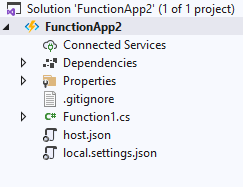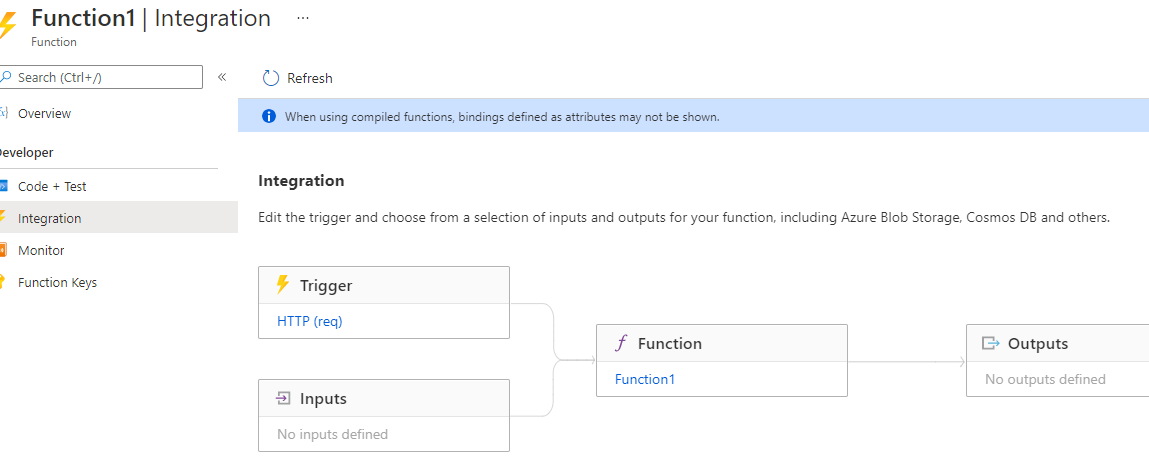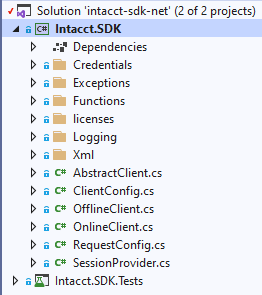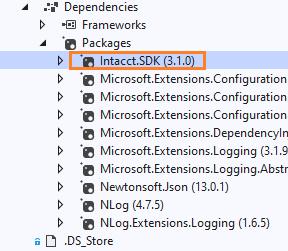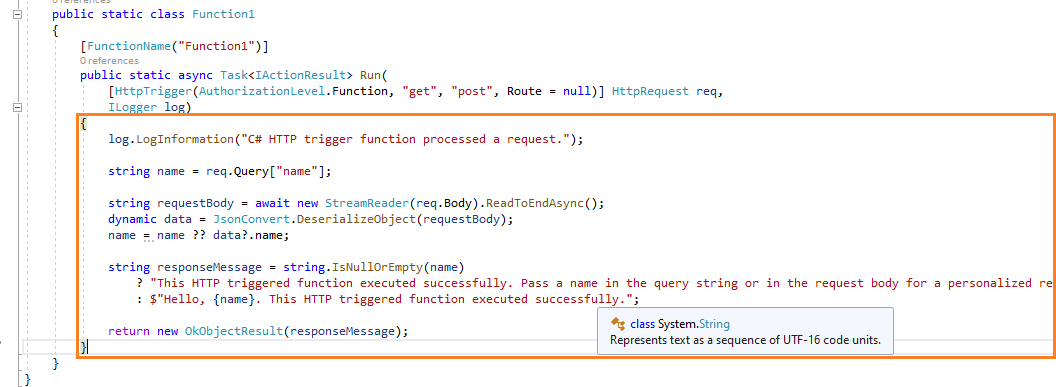@KingJava ,
Thanks for reaching out to Q&A.
I am not very clear with your requirement/ask.
Azure Functions uses the Webjobs SDK that’s an integrated programming model based on triggers and bindings that help you respond to events and seamlessly connect to other services. GitHub - Azure/azure-webjobs-sdk: Azure WebJobs SDK and GitHub - Azure/azure-webjobs-sdk-extensions: Azure WebJobs SDK Extensions has the Functions SDKs.
I would suggest you to look into this article for your reference.
I reviewed your .NET SDK code, and it appears it’s a bunch of APIs that does some business processing.
I am not sure about your question exactly, but if you are asking how you can use your own .NET Core libraries as a reference in your Azure Function, you could just add it as a project/dll reference (recommended add the project to your Functions VS Solution to have all the code in same solution), and then call your APIs from the Functions' Run method based on the trigger/inputs you receive.
As far as the publishing is concerned, you can publish each function as you mentioned or you can set up CI/CID pipepline for the function app via Azure devops
I hope this helps!
Please 'Accept as answer' and ‘Upvote’ if it helped so that it can help others in the community looking for help on similar topics.
